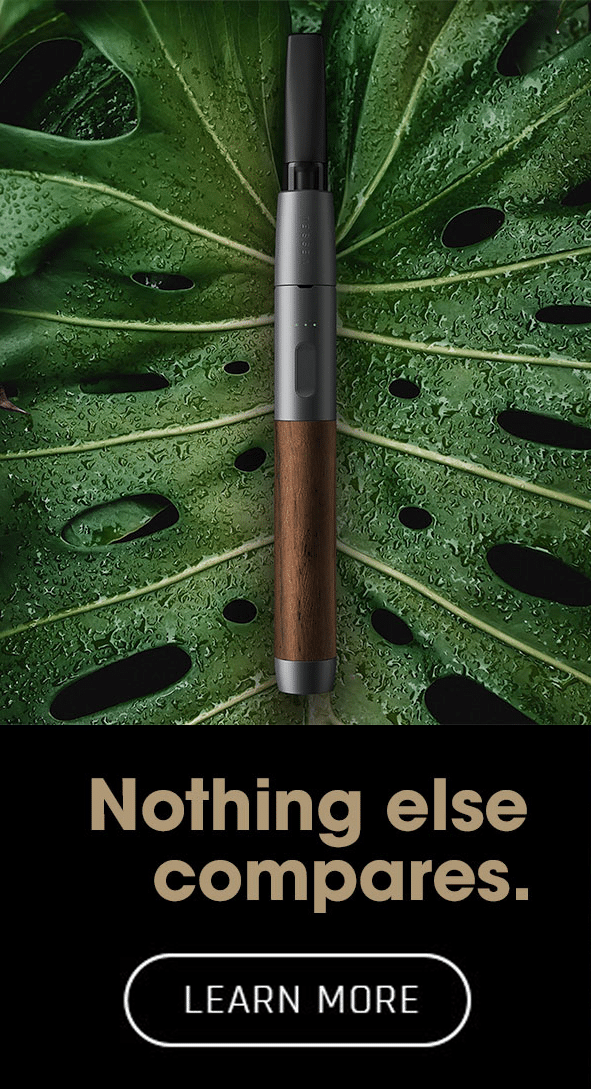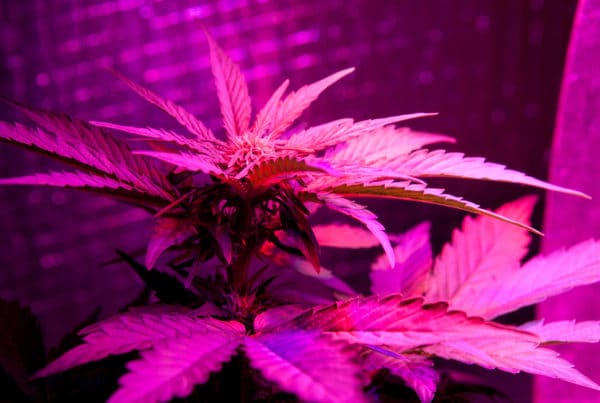A common misconception in Canada’s cannabis cultivation community is that no fungicides are allowed for use on commercially produced indoor marijuana. However, there are two allowable fungicides registered with Health Canada’s Pest Management Regulatory Agency: Milstop Foliar Fungicide and Actinovate SP.
MilStop Foliar Fungicide is a contact fungicide that controls/ suppresses Powdery Mildew on vegetable crops, ornamental crops, and Cannabis (marihuana) that is produced commercially indoors, suppresses Powdery Mildew on outdoor bedding plants, field cucurbits and stone fruits, and controls Powdery Mildew on field peppers, hops, grapes (conventional and organic), , and herbs and spices. MilStop Foliar Fungicide is applied using a sufficient volume of water to insure complete coverage of all stems, foliage and fruit.
Actinovate SP is a biological fungicide for the suppression of Botrytis fruit rot and powdery mildew on field and greenhouse grown strawberry, powdery mildew on field and greenhouse grown peppers, powdery mildew in field and greenhouse grown Gerber daisy, powdery mildew on field and greenhouse cucurbit vegetables (crop group 9), powdery mildew on field and greenhouse tomato, powdery mildew on grape (Uncinula necator(Erysiphe)), powdery mildew (Sphaerotheca macularis) and Botrytis cinerea on cannabis (marihuana) produced commercially indoors, seed rot/pre-emergence damping-off, post-emergence damping-off and root rot caused by Pythium spp. on greenhouse cucumbers, greenhouse lettuce and greenhouse fruiting vegetables and partial suppression of mummyberry (Monilinia vaccinii- corymbosi) on high and lowbush blueberry. Actinovate SP may also reduce symptoms of anthracnose fruit rot on strawberry. Actinovate SP also offers suppression of the following diseases on the listed greenhouse grown ornamentals: Fusarium wilt on cyclamen, Pythium root rot on petunia, Rhizoctonia root and crown rot on geranium and powdery mildew on verbena.
Each fungicide has specific directions for use which should be followed with care. Directions include dilution, application timing, storage and disposal, in addition to first aid precautions.
It’s important to note that all products designed to manage, destroy, attract or repel pests that are used, sold or imported into Canada are registered and regulated by the PMRA. These include chemicals, devices, and even organisms, and are referred to collectively as pest control products, or simply ‘pesticides.’ The term ‘pesticides’ refers to a multitude of pest control methods that include herbicides for weed control, fungicides for the control of plant diseases, insecticides and repellents to control insects, rodenticides to control rodents, electronic devices to control insects or rodents, sanitation products to control bacteria and viruses in pools and spas, special preservatives for wood, structural materials and other products, biochemicals and non-conventional products.
A number of pesticides are registered in the US for use on medical marijuana, but as these pesticides are not registered with the PMRA, they cannot be sold, used, manufactured or imported in Canada. However, US registrants of these pesticides are encouraged to seek registration in Canada with Health Canada’s PMRA.
Staff at the PMRA are responsible for administering the Pest Control Products Act (PCPA) on behalf of the Minister of Health. Registration under the PCPA requires a thorough scientific evaluation to determine that new pesticides are acceptable for a specific use and that registered pesticides remain acceptable for use once on the market. If Canadians choose to use pesticides, they can only use a pesticide registered by the federal government for the pests and treatment areas listed on the label, and use them according to the label directions.
Unfortunately, provincial and municipal governments can restrict the sale and use of registered pesticide. Anyone looking to employ these pesticides into their cultivation should contact the provincial ministry of the environment and their municipal government to see if such restrictions are in place.









Whoever wrote this story is not doing their research. both chemical are fungicides not pesticides. Big difference.
For 60 yrs plus. The farmers, trailblazers and Science associated with of Cannebis have done the work. ILEEGALLY.
A “Controlled Hydroponic Environment” never ever requries HERBICIDE, PESTICIDE NOR FUNGICIDE. Ever.
That’s the beauty of Farm to the Table ideal.
Completely carbon free starting with a moss inert medium.
The Canadian Federal Government needs to assure 60 yrs of conscience. Canadian Cannabis is HFP Free.
They ruined our farmers soil for food.
Herbicide Fungicide Pesticide Free. Organic or NOTHING.